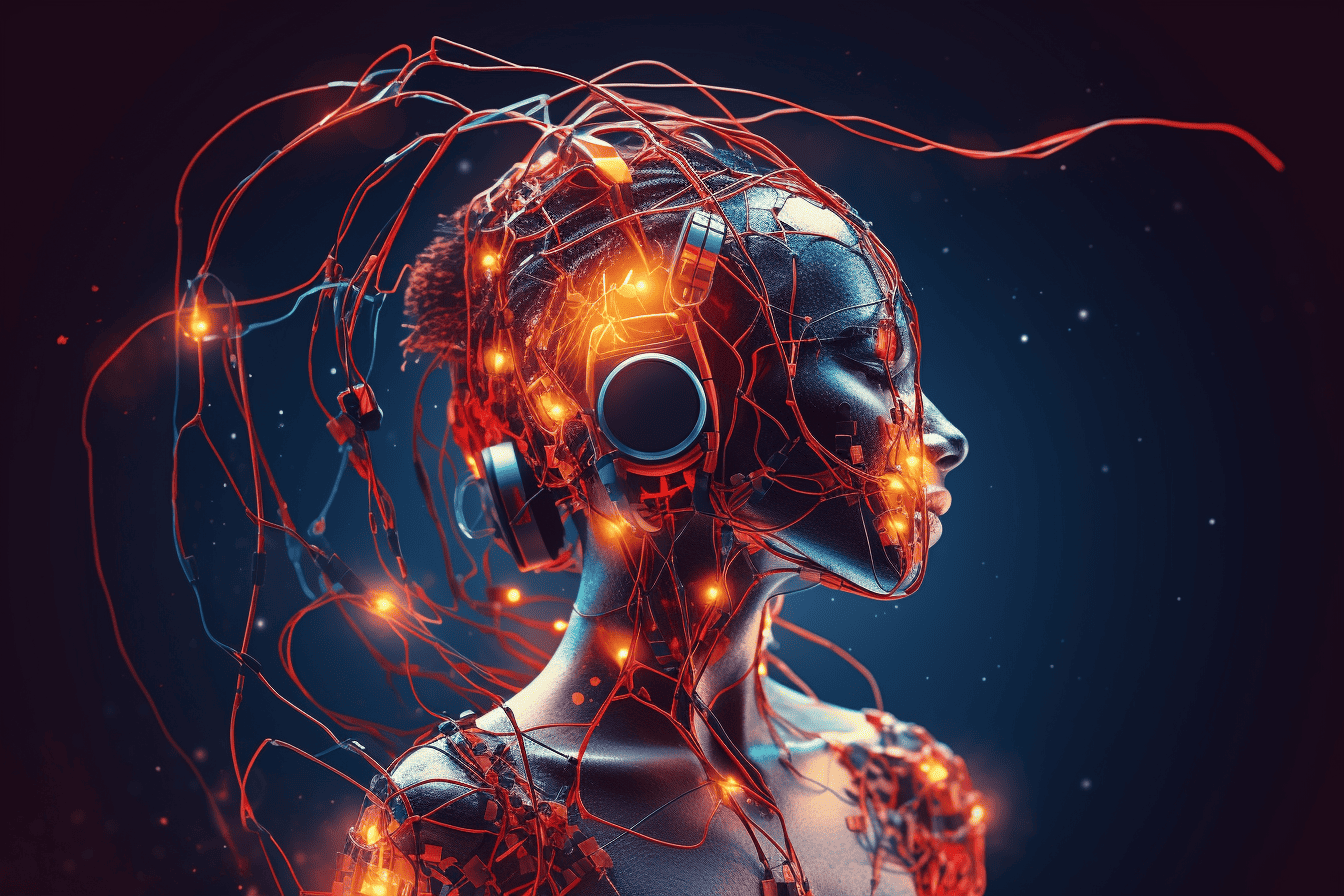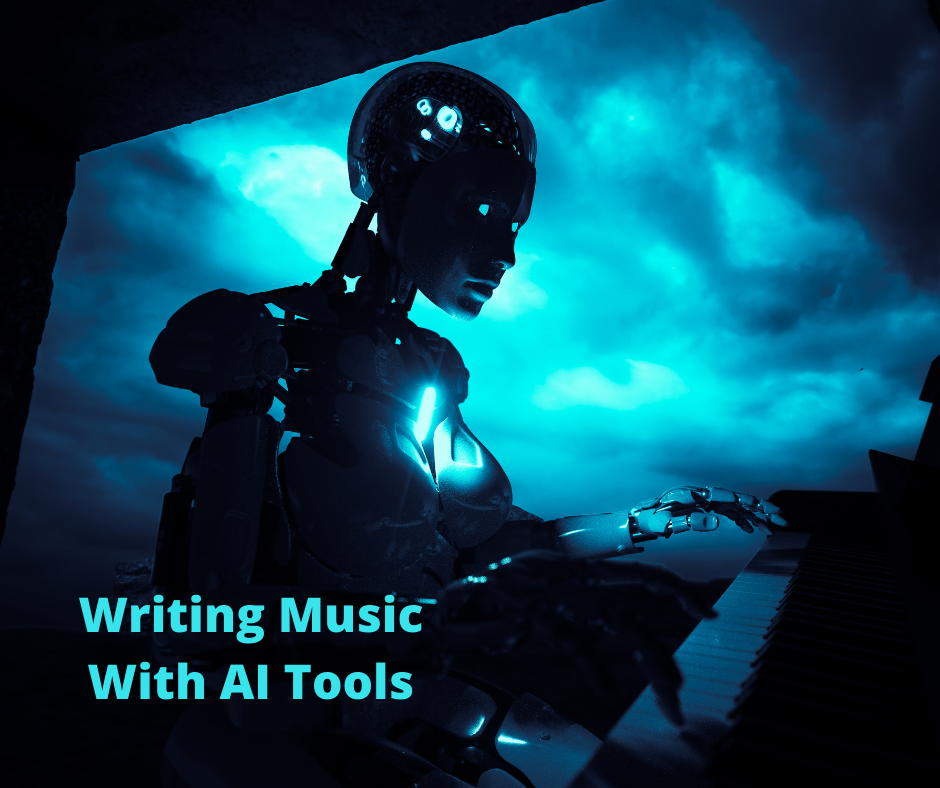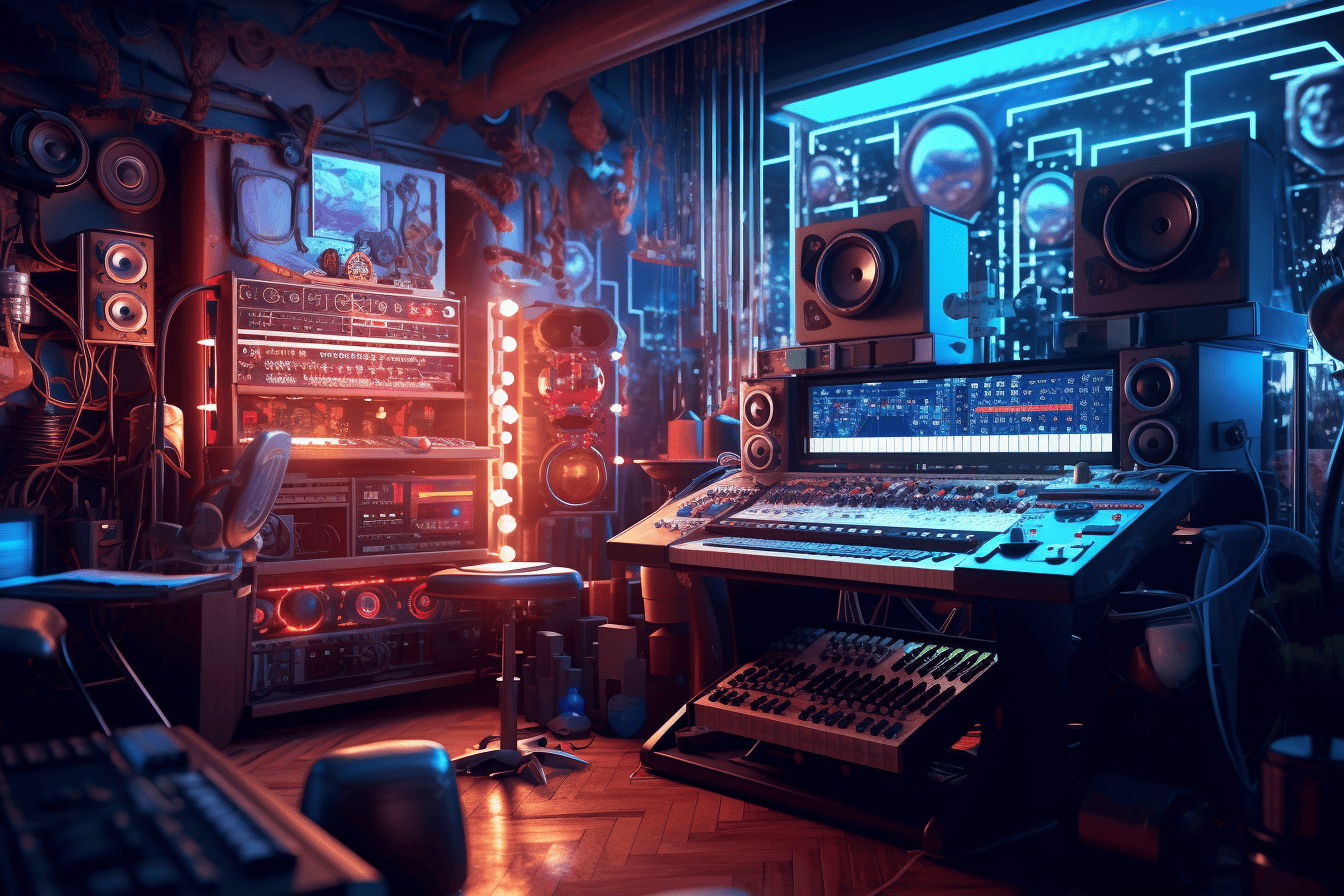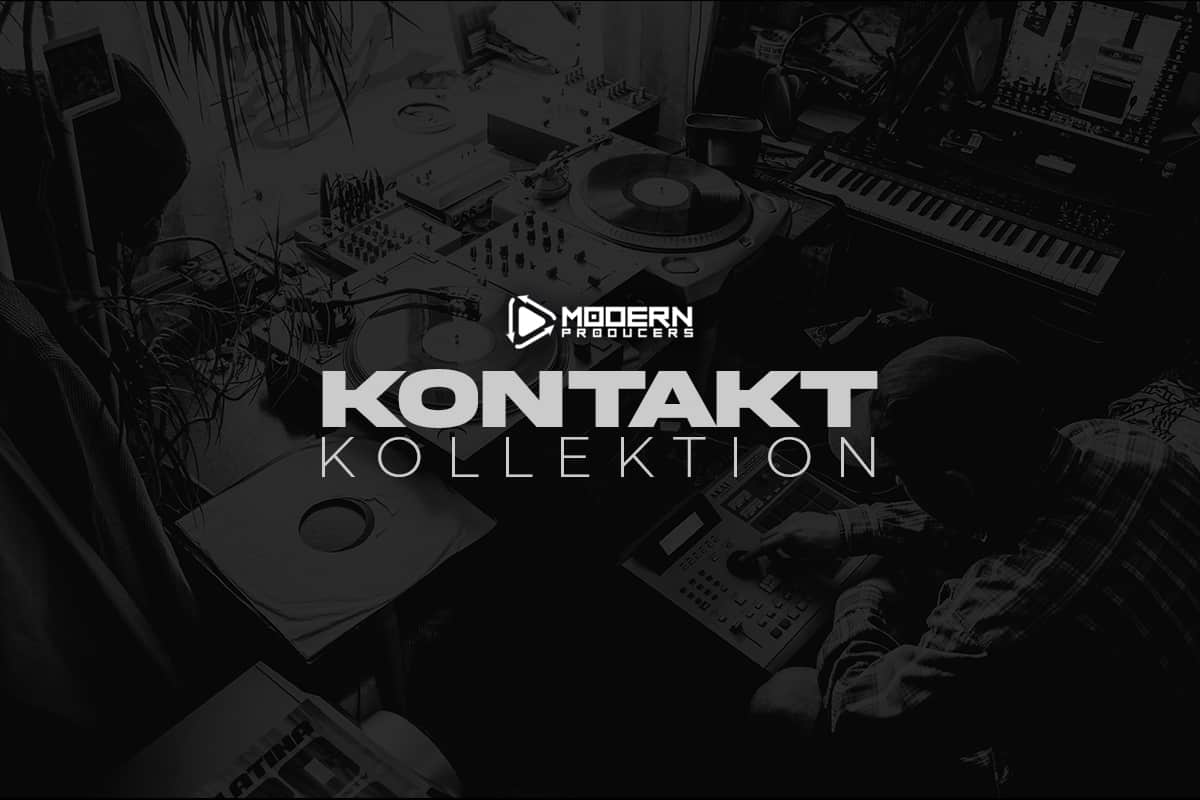Looking for some inspiration for your next track? Look no further than the Modern Producers’ latest release: the “Modern Melodies Mega Pack“!
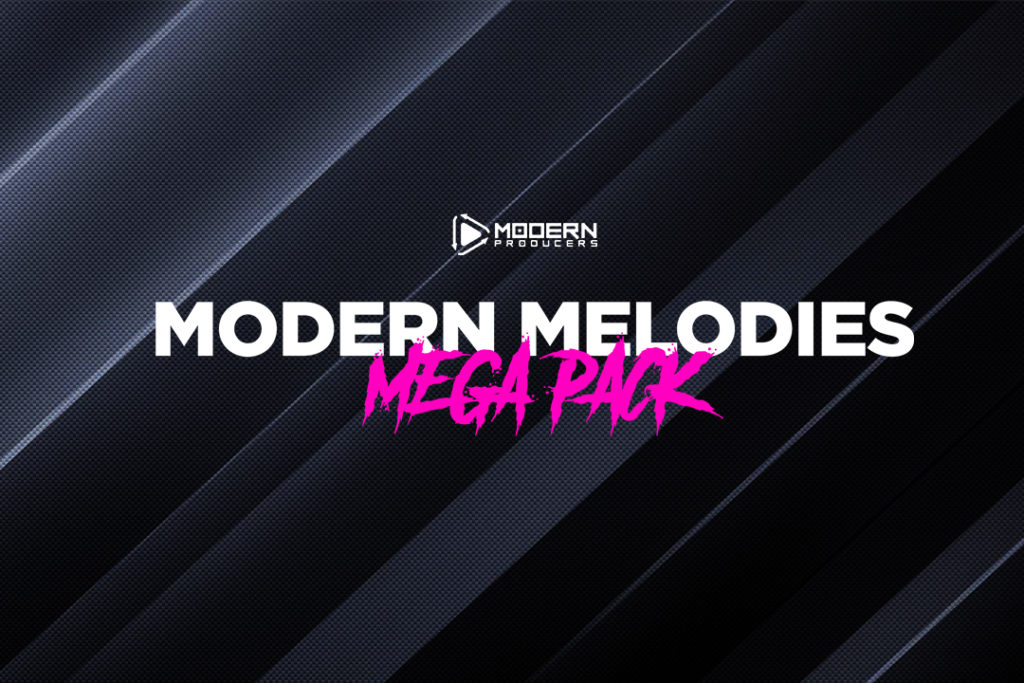
Modern Producers Release “Modern Melodies Mega Pack” With 100 Royalty-Free Melodies!
This collection of 100 royalty-free melodies is perfect for producers looking for endless inspiration. Whether you’re working in Hip Hop, Pop, EDM or any other genre, you’ll find what you need in this pack. All of the melodies are key- and BPM-labeled, so finding the right one for your project will be a breeze.
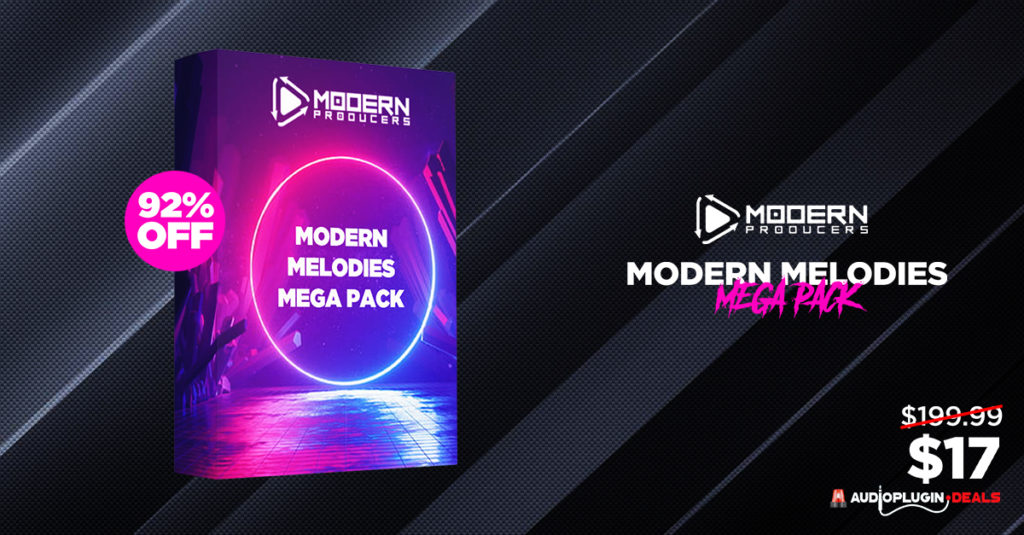
And best of all, there’s no sample clearance required – so you can monetize your tracks based on Modern Melodies Mega Pack by Modern Producers with ease!
Finding Inspiration
As any artist knows, finding inspiration can be the hardest part of the creative process. But with this collection of 100 royalty-free melodies, you’ll never be at a loss for ideas again. Whether you’re looking for a catchy hook for your latest pop hit or a soulful ballad to tug at heartstrings, you’ll find what you need in this comprehensive collection.
Best of all, because these melodies are royalty-free, you can use them in your own creations without worrying about sample clearance or monetization.
WAV Loops, MIDI Files and Trackout Stems
Piano, Guitar, Synth, and Vocal Melodies are all included. WAV Loops, MIDI Files, and Trackout Stems – all Key & BPM labeled.
If you’re looking for the highest quality royalty-free melodies, look no further! Modern Producers team of professional producers has spent countless hours crafting each melody, ensuring that it’s of the utmost quality.
Each one is recorded and processed in a high-end studio, in 24-Bit WAV format. You’ll also receive all accompanying Trackout Stems and MIDI Files for maximum production flexibility. With our collection, you’ll have everything you need to create chart-topping hits!
Dark, Uplifting, and Epic Compositions
When looking for the perfect sounds to take your music in a new, more unconventional direction, it’s essential to explore a wide range of genres and styles.
This collection of melodies expertly covers everything from catchy pop hooks and upbeat hip hop beats to dark, cinematic arrangements and epic builds. Whether you’re looking to add some creative flair to your Pop tracks, infuse your Trap songs with an extra layer of intensity, or create innovative soundscapes that are perfect for R&B and Electronic music, there’s no doubt that these finely crafted progressions and multi-platinum-produced melodies will help you achieve exactly what you’re looking for.
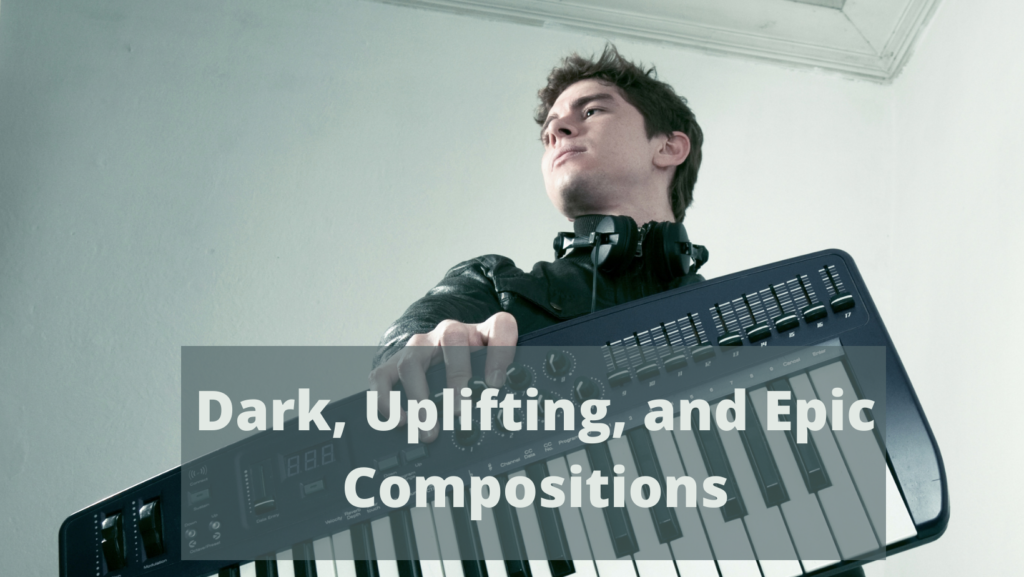
If you are a composer working on a new track or a producer in search of inspiration, the 100 Royalty-Free Melodies bundle is the perfect resource to help spark your creativity.
With over 2.5 GB of content, this collection is packed with all types of melodies, from inspiring piano progressions to soulful vocal samples and rich ambient synth loops. All loops are royalty-free and processed with analog gear for that warm, vintage sound. Plus, MIDI files are included for extra flexibility.

Whether you are writing chillwave, trap, or any other style of music, there is sure to be something here that can help take your tracks to the next level. So if you’re looking for fresh ideas and inspiration, don’t miss out on this massive bundle of royalty-free melodies!



